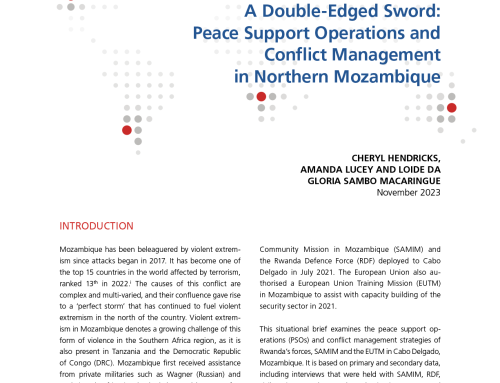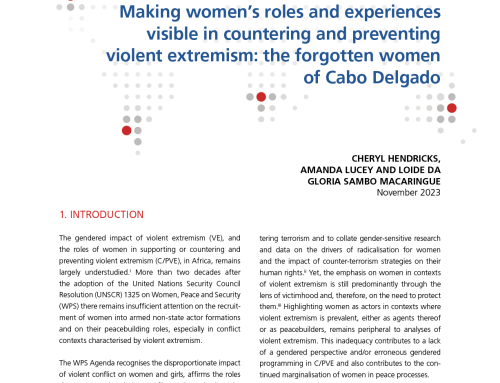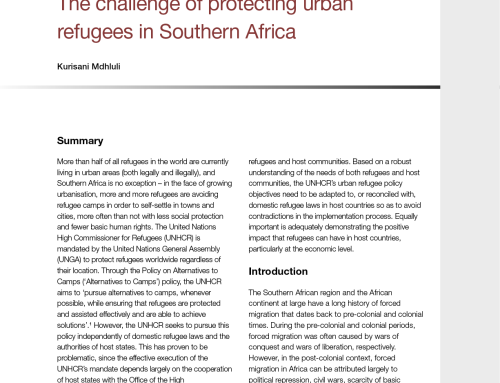
IJR Policy Brief 32: A test of trust
South Africa has been devastated by the COVID-19 pandemic. Over 1 million cases have been recorded, millions more have lost their livelihoods, and tens of thousands of people have succumbed to the disease. Scientific consensus suggests that vaccination appears to be the only viable route to a sustainable recovery. But questions remain: How many South Africans would take an approved COVID-19 vaccine if it was offered to them? Why would someone not accept the vaccine? How can the state and civil society improve public confidence in the vaccination programme? This policy brief provides some tentative answers to these questions using public opinion data from several surveys.
While the data is limited, available surveys suggest that around one-third of adults would not take a COVID-19 vaccine. Many cite concerns over side effects and doubt the efficacy of vaccines. To reach a substantial degree of population immunity, the state and civil society will have to improve public confidence in a mass vaccination campaign. This policy brief recommends greater use of the media, particularly the SABC, to convey information in multiple languages to allay concerns about vaccines, as well as increased government transparency relating to the efficacy of vaccines. Additionally, the role of civil society will become critical in combatting misinformation about mass vaccination.
By: Mikhail Moosa
Pages: 10
Dimensions: A4
Date of publication: 2021




